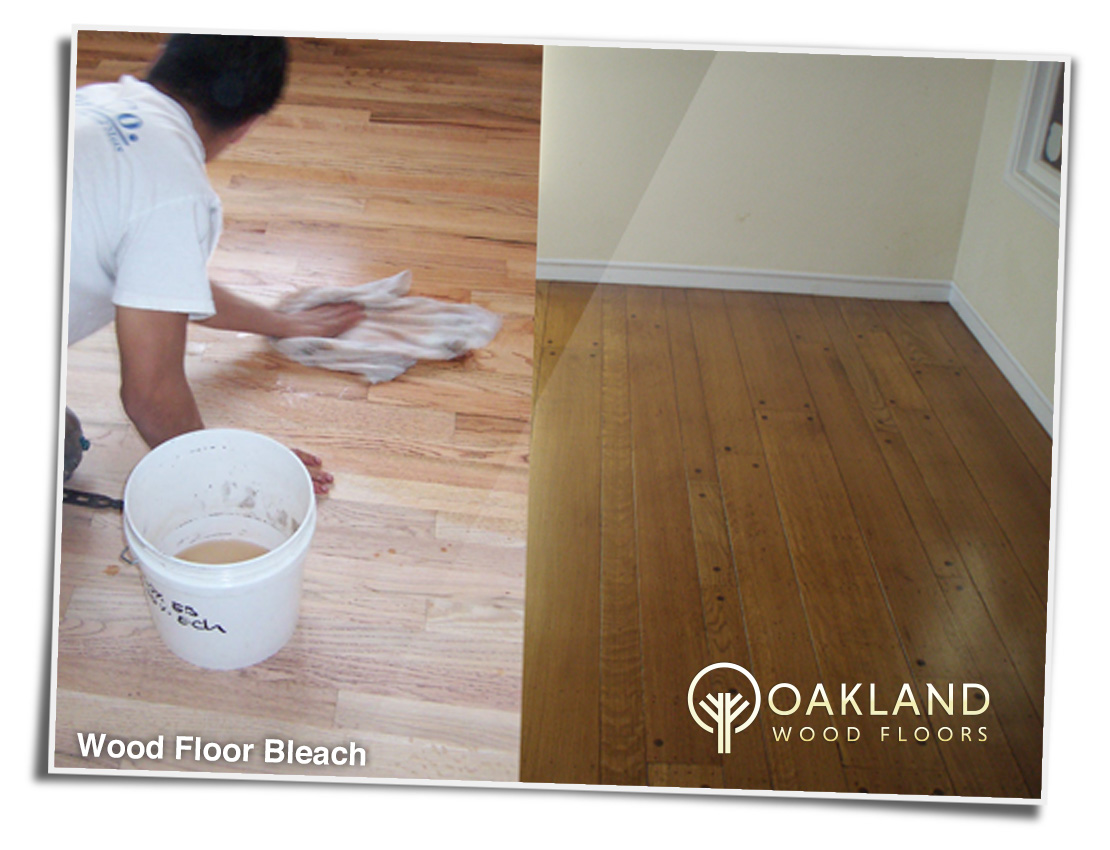You’ve just spilled a sticky mess on your beautiful hardwood floor. You grab your cleaning supplies, and you see the bleach. A quick fix, right? Wait! Before you unleash the power of bleach on your floors, let’s dive into the reality of using this harsh chemical. Could it actually be doing more harm than good?

Image: johnnycounterfit.com
Cleaning wood floors can be a delicate task. The wrong cleaning agent can lead to discoloration, warping, or even stripping the finish. Bleach, with its potent ability to kill germs, is often thought of as a super cleaner. But can it truly handle the task of cleaning wood floors without causing damage?
The Truth About Bleach and Wood Floors
The short answer is: it depends. While bleach can be an effective cleaning agent for some surfaces, it is not ideal for cleaning wood floors.
Here’s why bleach is not a good option for wood floors:
- Bleach can damage the finish. Many wood floors have a protective finish that helps to resist stains and scratches. Bleach can strip away this finish, leaving the wood vulnerable to damage.
- Bleach can cause discoloration. The chemicals in bleach can react with the wood, creating unsightly white spots or streaks.
- Bleach can damage the wood itself. Bleach can weaken and even damage the wood fibers, making the floor more susceptible to cracking and warping.
- Bleach can be harmful to the environment. Bleach is a harsh chemical that can pollute air and water sources.
When Bleach Might Be Considered
There are only a few exceptions to the rule about bleach on wood. If you have a very stubborn stain that other cleaners can’t remove, you might consider using a very diluted solution of bleach. Even then, proceed with extreme caution, and only consider this as a last resort.
A highly diluted bleach solution should not be used directly on the floor, but rather on a cleaning cloth. Always test a small, inconspicuous area first to see how the wood reacts. Never leave the diluted bleach solution on the wood for too long, and be sure to rinse it thoroughly with water afterwards.
Safe Alternatives
Fortunately, there are plenty of safe and effective alternatives for cleaning wood floors. Here are a few of our favorites:
- Soap and water. One of the simplest and most effective ways to clean wood floors is with a mild soap and warm water. Just make sure to wring out the mop or cloth thoroughly to avoid oversaturation.
- Vinegar. Vinegar is a natural cleaner that can remove dirt and grime without damaging wood floors. Mix equal parts water and white vinegar in a spray bottle and apply to the floor.
- Baking soda. Baking soda is a gentle abrasive that can help to remove stubborn stains. Sprinkle a small amount of baking soda on the stain, wet it with water, and let it sit for a few minutes before scrubbing.
- Commercial wood floor cleaners. There are many commercial wood floor cleaners available on the market. Look for cleaners that are specifically designed for hardwood floors and that are pH-neutral.

Image: mromavolley.com
Cleaning Wood Floors: Best Practices
As you delve into cleaning your wood floors, remember these best practices:
- Sweep or vacuum regularly. This will remove dust, dirt, and debris that can scratch the floor.
- Clean up spills immediately. The longer a spill sits, the more likely it is to stain the floor.
- Use a clean mop or cloth. A dirty mop can spread dirt and grime around the floor.
- Make sure to rinse the floor thoroughly after cleaning. This will remove any soap residue or cleaners that can leave the floor sticky or dull.
- Dry the floor immediately after cleaning. Moisture can cause wood floors to warp and rot.
Can I Use Bleach To Clean Wood Floors
The Final Word
Keeping your wood floors looking their best comes down to choosing the right cleaning methods. While bleach can be a powerful cleaning agent, it’s best to avoid it on your precious wood floors. Embrace safe, natural cleaning techniques or seek out a reliable wood floor cleaner. Your floors will thank you for it, and you’ll be left with a beautiful, gleaming surface without the harsh chemicals.





